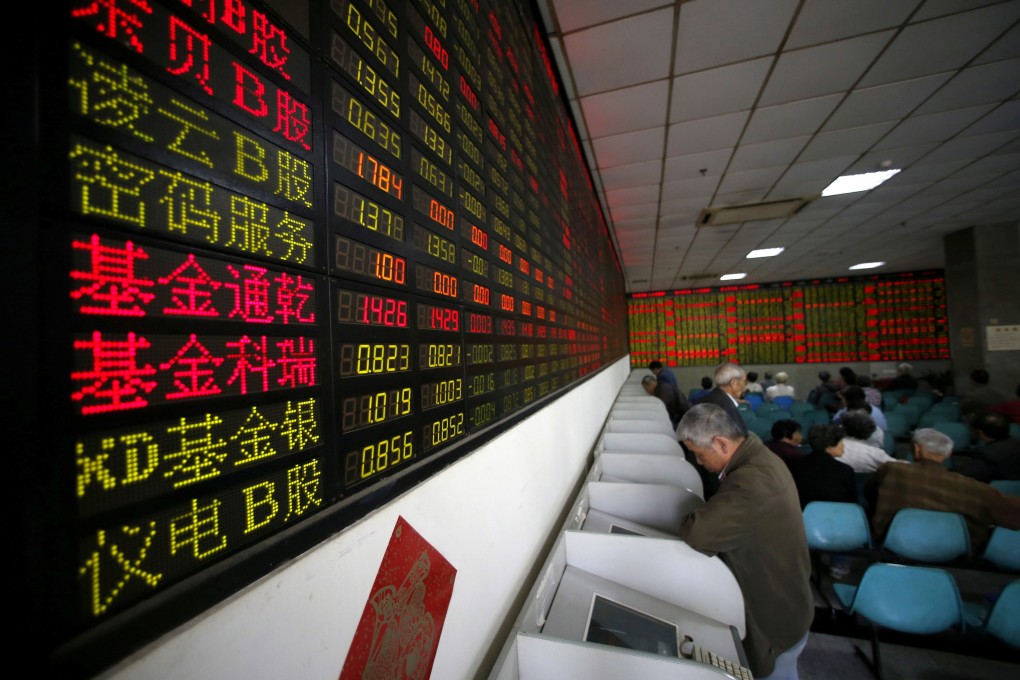Traders count on golden week respite amid Evergrande, power crisis after US$576 billion rout in Hang Seng members
- Stock Connect link will be closed through Thursday during the golden week holiday, potentially easing selling pressure
- Mainland investors were net sellers of HK$65.2 billion worth of Hong Kong-listed stocks last quarter, weighing on the Hang Seng Index

A combination of factors, from regulatory crackdowns on tech companies to China Evergrande’s debt contagion worries, have turned mainland investors into a deadweight for Hong Kong stocks last quarter through the Stock Connect’s southbound trading link.
While Hong Kong’s financial markets will be open for the whole week, the shutdown in the southbound link through Thursday may be a respite for local traders.

04:01
Chinese manufacturing thrown into disarray as country's electricity crisis rolls on
“Buying the dip at a slow and gradual pace will be a good strategy against the backdrop of a broader languishing market,” said Xue Wei, an analyst at Ping An Securities. Still, “there is a low chance that Hong Kong stocks will stage a reversal in the short term”.